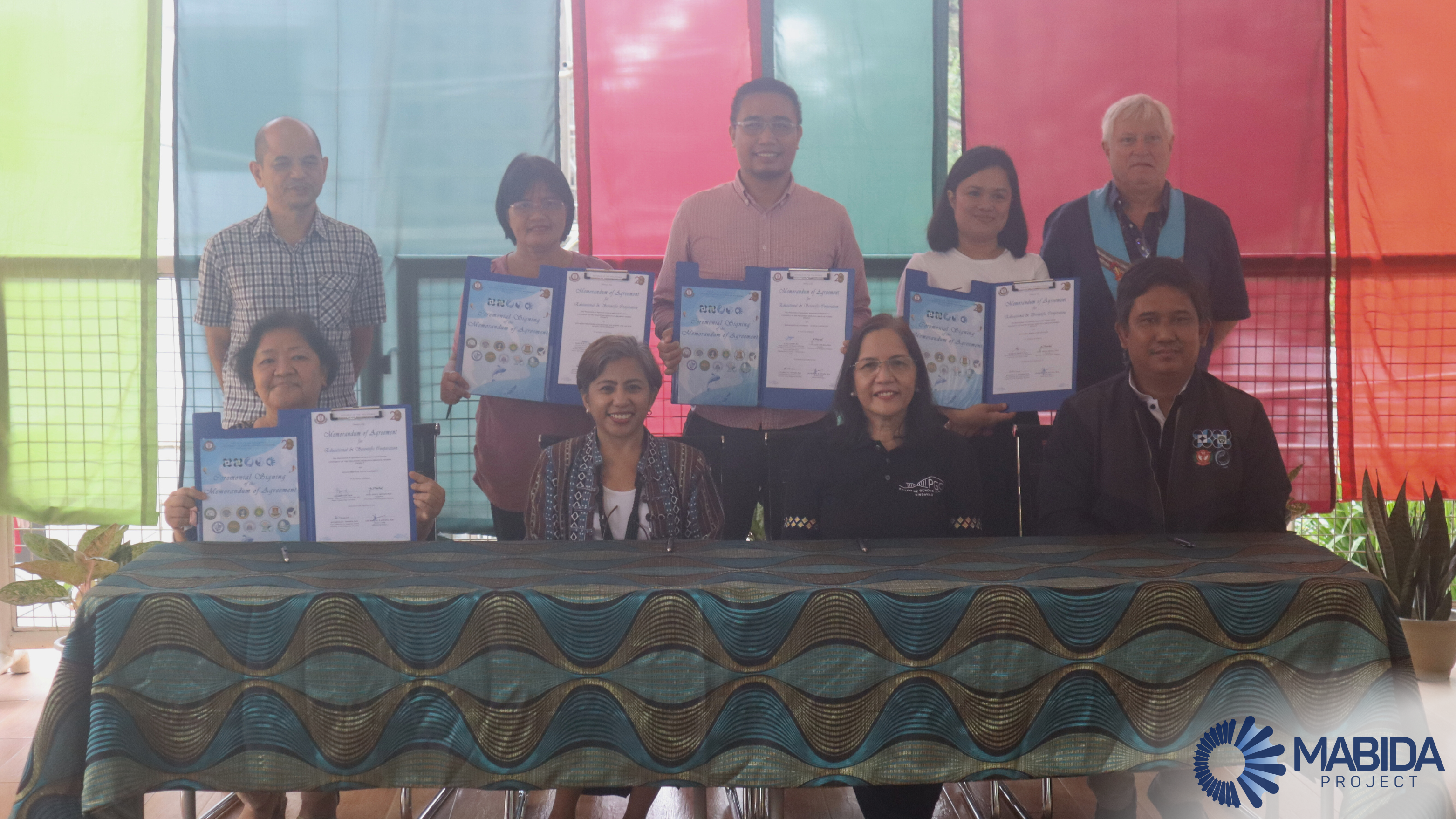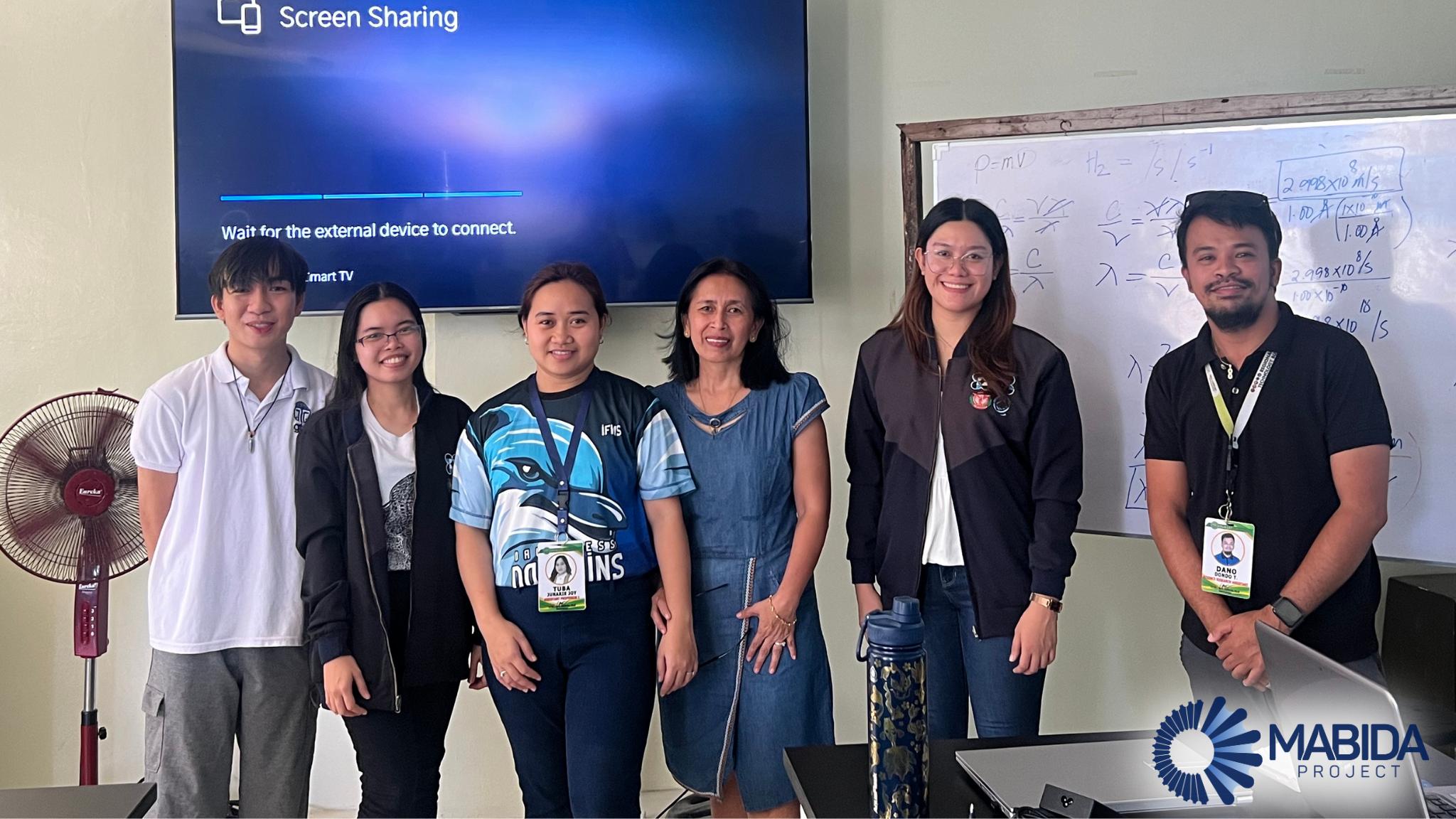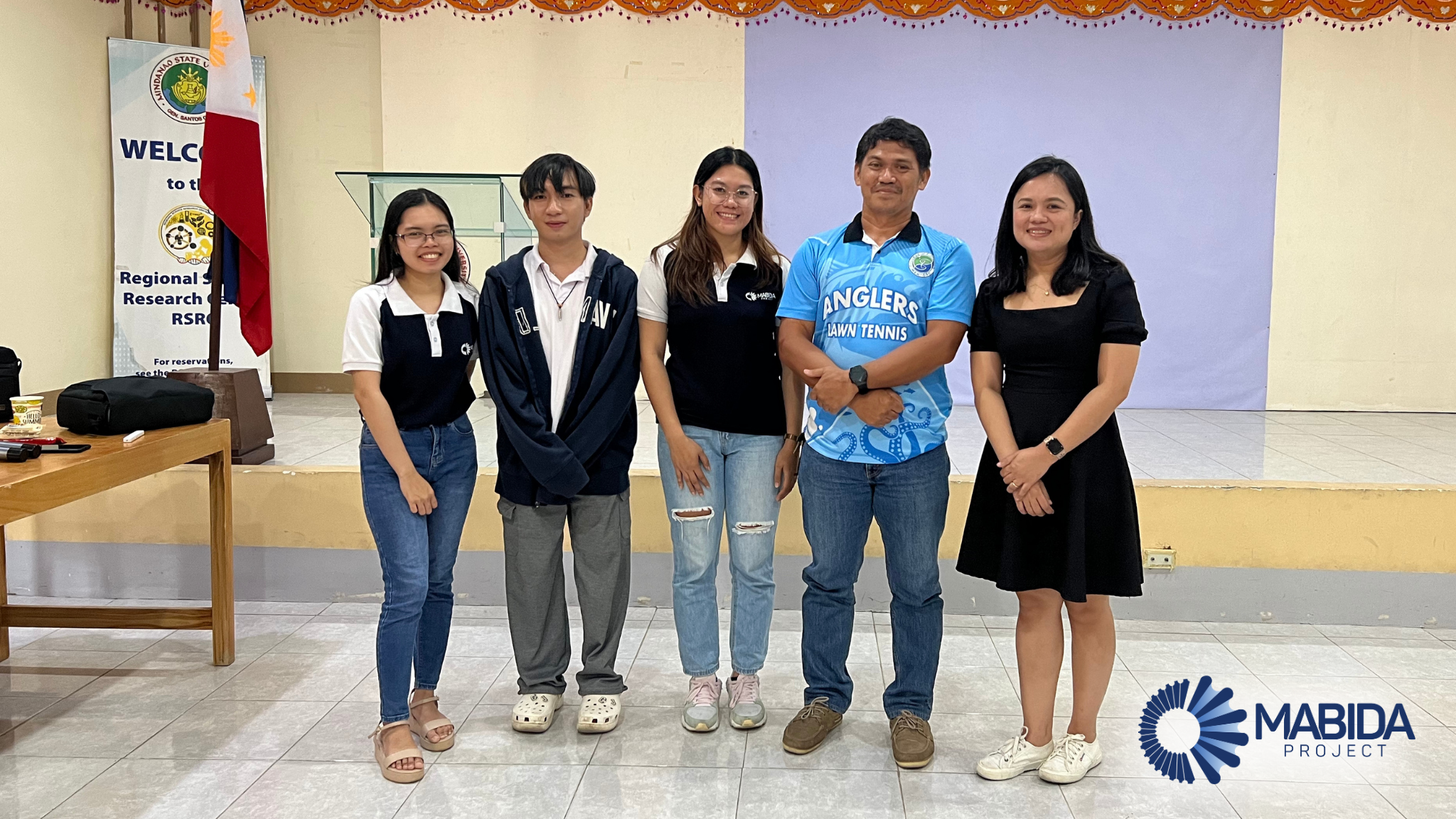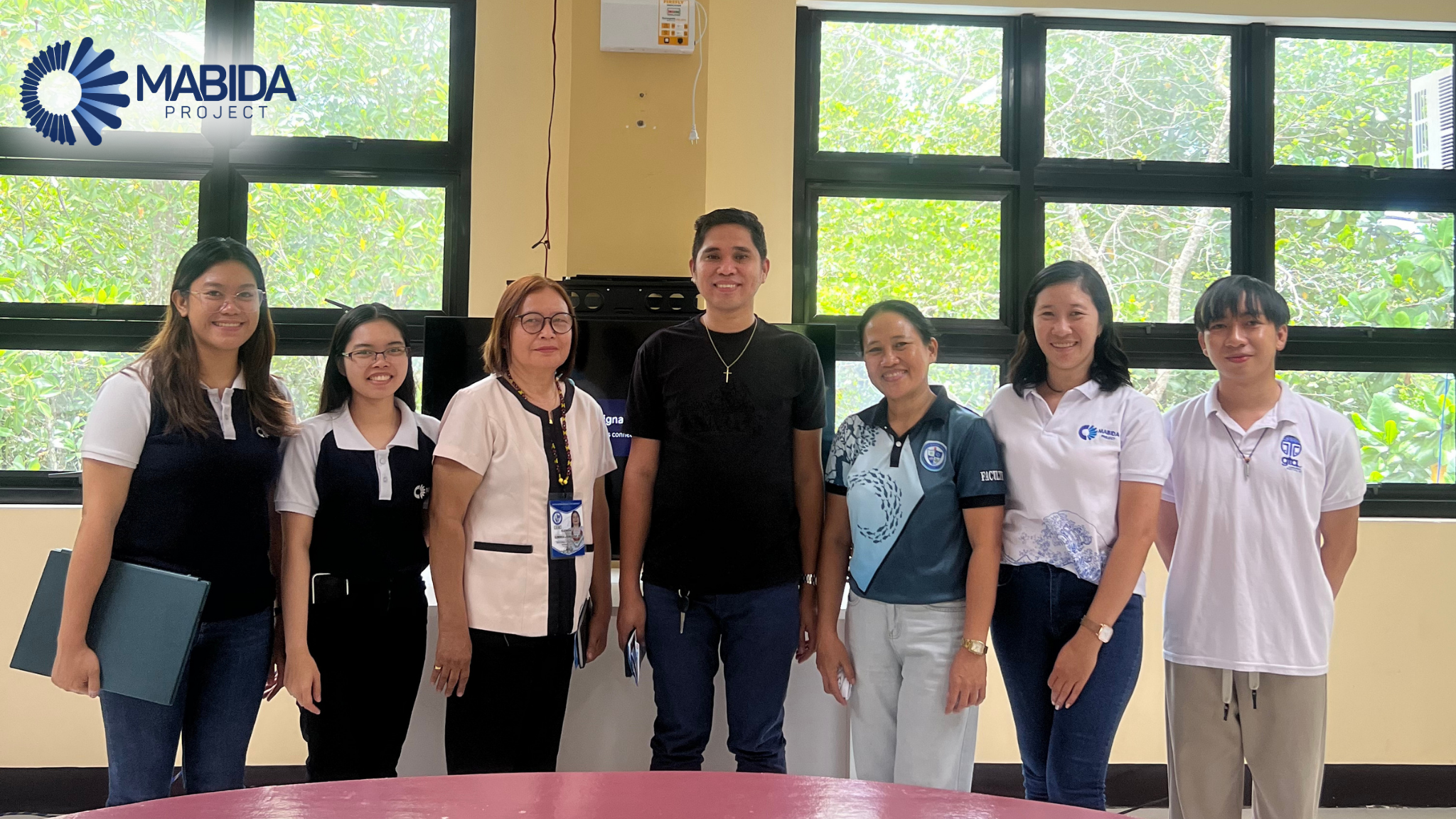
Ceremonial MOA Signing Marks Collaborative Milestone for MABIDA Project
Written by Reisha Claffel Z. Ferraren
Uploaded on Feb. 24, 2023
Davao City, Philippines - On February 24, 2023, a ceremonial Memorandum of Agreement (MOA) signing between several partner Higher Education Institutions (HEIs) and UP Mindanao, representing the Applied Biodiversity Research for the Holistic Advancements in Mindanao (ABRAHAM) MABIDA Project, also known as the Information System for Marine Fishery Morphology and DNA Sequence in Mindanao, took place at the UP Mindanao Center for Advancement of Research in Mindanao. The event, which coincided with the "Our Daily Fish: Kapehan Talks on Reef Fish Diversity & Book Launching of the Data Collection and Analysis for Reef Fish Biology," aimed to strengthen the educational and scientific cooperation among the involved parties and establish a solid foundation for collaborative efforts in marine conservation and research.
The in-person event brought together renowned speakers, officials from partner HEIs, and honorable personalities in marine conservation and research. Dr. Kent Carpenter of Old Dominion University, Dr. Cleto L. Nañola, Jr. of UP Mindanao, Dr. Richard Muallil of Mindanao State University Tawi-Tawi, and Dr. Mudjekeewis Santos of the National Fisheries Research and Development Institute were among the notable speakers.
The executed MOAs cemented the cooperation between UP Mindanao, which represented the ABRAHAM Program Projects FishDive and MABIDA, and the partner HEIs. The MOA, more specifically named as Supplemental MOA for Educational and Scientific Cooperation, specified the duties, responsibilities, effectivity and duration, technicalities, and expectations of all parties involved, guaranteeing a coherent and collaborative relationship.
Representatives from numerous HEIs were present, both virtually and in person, for the signing of the MOAs. Partner HEIs were MSU General Santos City, Davao Oriental State University, Davao del Norte State College, Southern Philippines Agri-business and Marine and Aquatic School of Technology, MSU Sulu, MSU Tawi-Tawi, and Jose Rizal Memorial State University. The combined effort and dedication of these institutions will promote knowledge sharing, joint research projects, and capacity-building activities, thus ultimately developing a more comprehensive understanding of reef fish biology and conservation in Mindanao.



